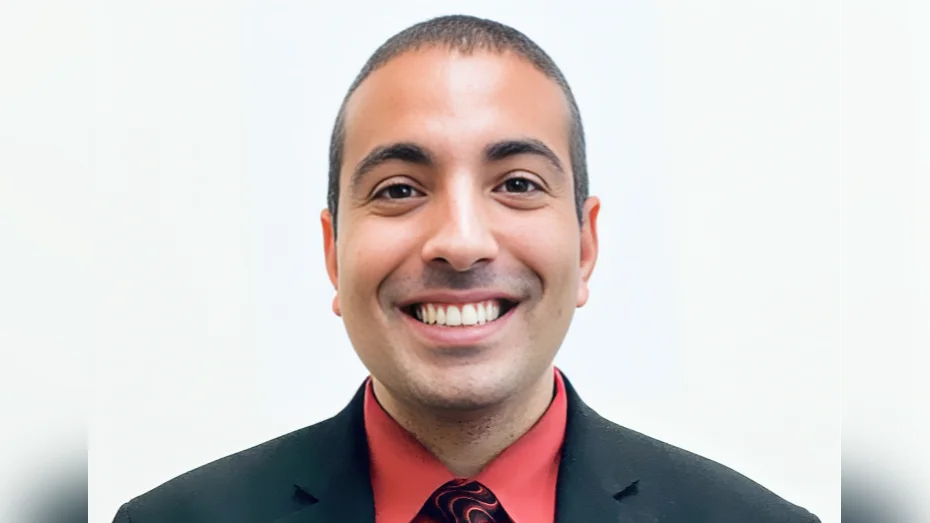
Rutgers Health researchers have identified disparities in the outcomes of hospice discharges, particularly among Black patients and those with shorter stays. The study, published in JAMA Network Open, highlights increased risks for hospital admissions post-hospice discharge.
Lead author Elizabeth Luth, a core faculty member at the Center for Healthy Aging Research at Rutgers Institute for Health, Health Care Policy and Aging Research, emphasized the need for targeted discharge planning. "Hospice care teams may want to pay particular attention to the discharge planning needs of patients of racial and ethnic minority groups and patients with more complicated needs," Luth stated.
The study utilized Medicare data from over 115,000 patients between 2014-2019 to analyze burdensome transitions out of hospice care. Researchers found that Black patients with shorter hospice stays and those receiving care from for-profit hospices had higher odds of experiencing burdensome transitions post-discharge. Approximately 42 percent of discharged hospice patients die within six months, suggesting uninterrupted hospice care might be suitable for many individuals.
Previous research in The New England Journal of Medicine and The Lancet has linked inequitable access to healthcare services and institutionalized racism to these disparities. Additionally, inpatient respite services and general inpatient care were associated with lower odds of hospitalization and readmission into hospice.
"Policymakers may want to consider making inpatient respite and general inpatient care more widely available and accessible to families with members in hospice with complex needs to support better outcomes if they are discharged," added Luth, who is also an assistant professor at Rutgers Robert Wood Johnson Medical School.
Coauthors include Caitlin Brennan and Susan Hurley from Care Dimensions in Massachusetts; Veerawat Phongtankuel, Holly Prigerson, Yongkang Zhang from Weill Cornell Medicine; Miriam Ryvicker from VNS Health in New York City; and Hui Shao from Emory University.